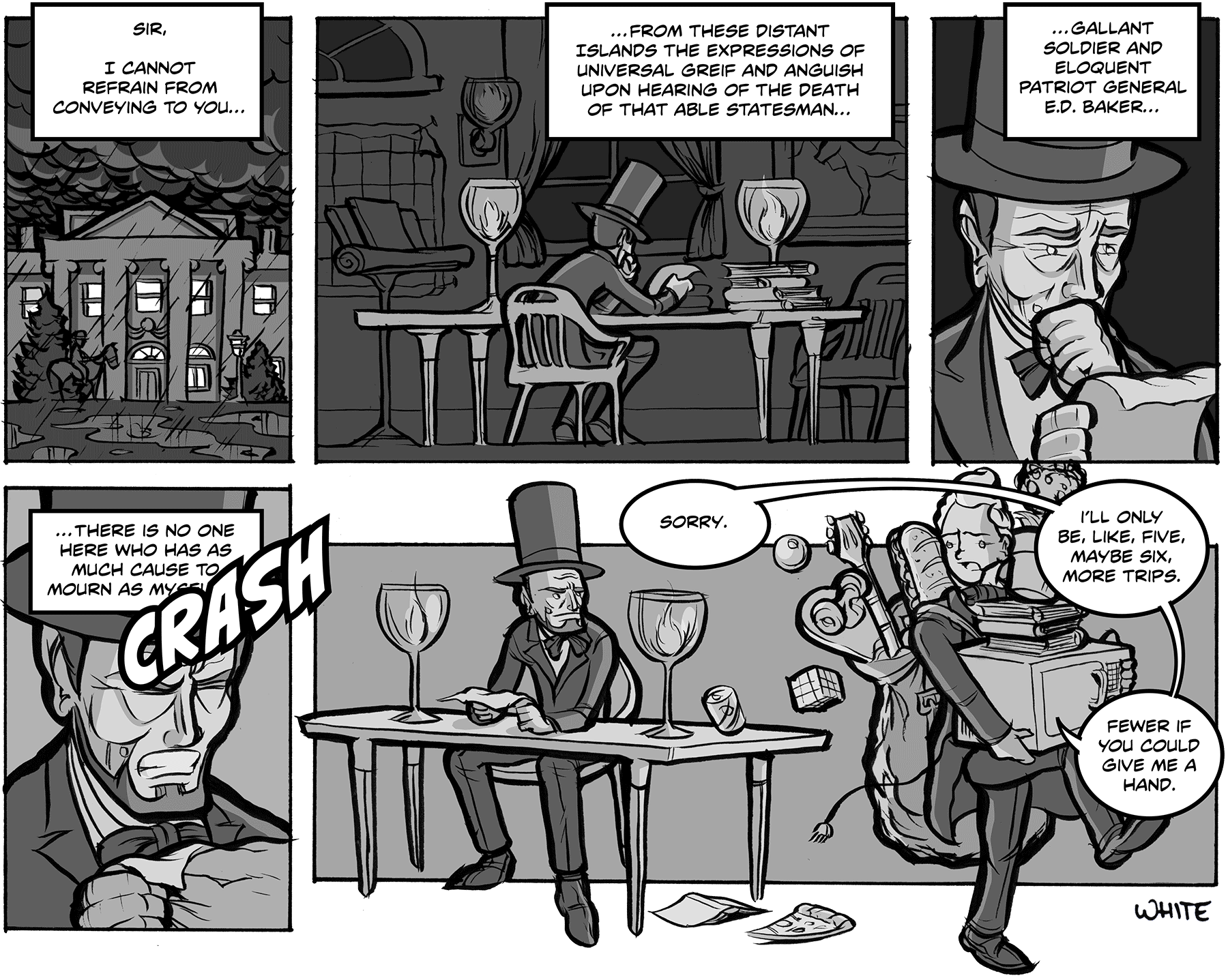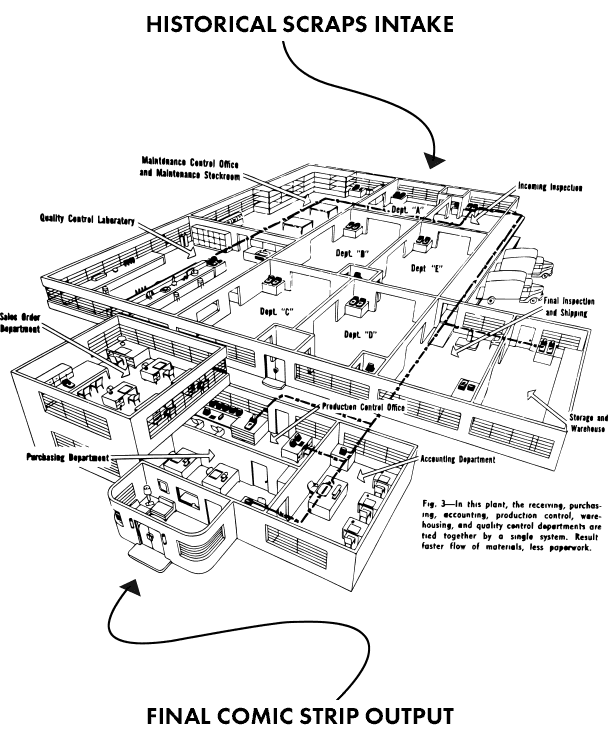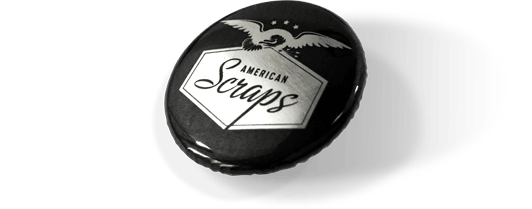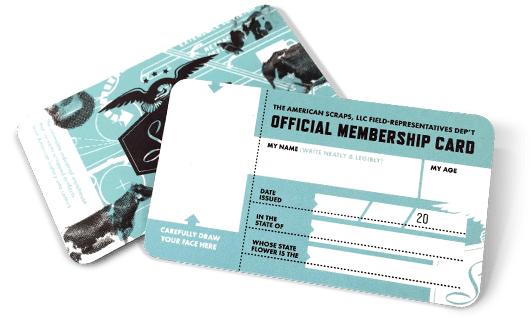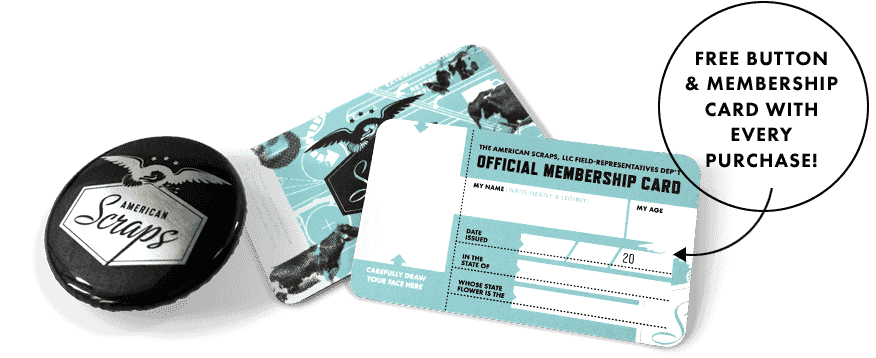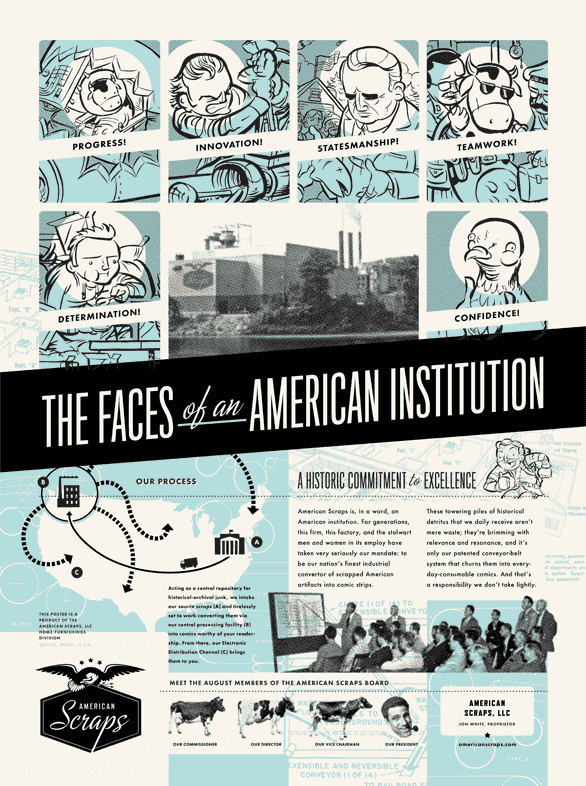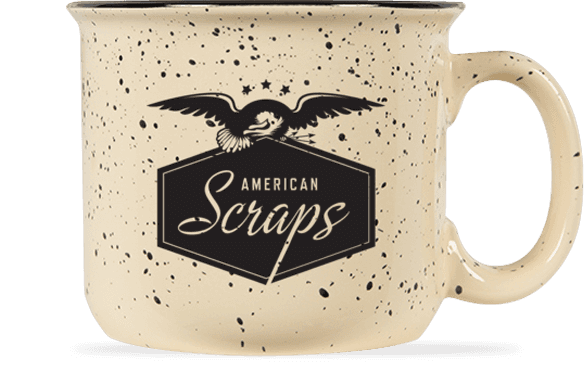Abraham Lincoln loved Edward Dickinson Baker. Mary Todd Lincoln loved Baker. (Their second son was named after Baker.) Baker’s fellow senators loved Baker, as did the people of the brand-new state of Oregon who’d just elected Baker. The troops who served alongside and under Baker loved Baker. Everyone loved Baker. It was hard not to.
All of which lends us a glimpse into how much his death must have affected Lincoln. You can sense it, secondhand, in the compassionate notes, poetry, and art that people who knew both-Baker-and-Lincoln sent him in his grief.
Senator (and Major General) Baker was killed in the Battle of Ball’s Bluff on October 21, 1861. He was-and-is, still to this day, the only sitting senator to be killed in battle. That battle, of course, was happening in the middle of a Civil War that—by autumn of 1861—was still revealing its worst, most violent, most awful scenes. It was only 6 months old, and would still take another 3½ nightmarish, blood-soaked years to end.
If you were looking for a person to singularly blame for the outbreak of that War—remember that the first states seceded before Lincoln took office—you could do worse than blaming his bumbling, indecisive, immediate predecessor, President James Buchanan.
Lincoln had every right to blame him. But what he couldn’t do was avoid him, as on the day of his beloved friend Edward Dickinson Baker’s death, when Buchanan wrote to Lincoln. It seems Buchanan had forgotten some books in the White House, and could they be delivered to him soon, thanks in advance.
Let us never forget that James Buchanan was a terrible post-president, too.
(Credit and special thanks to Robert Strauss, in whose very entertaining recent book this letter was brought to my attention.)
